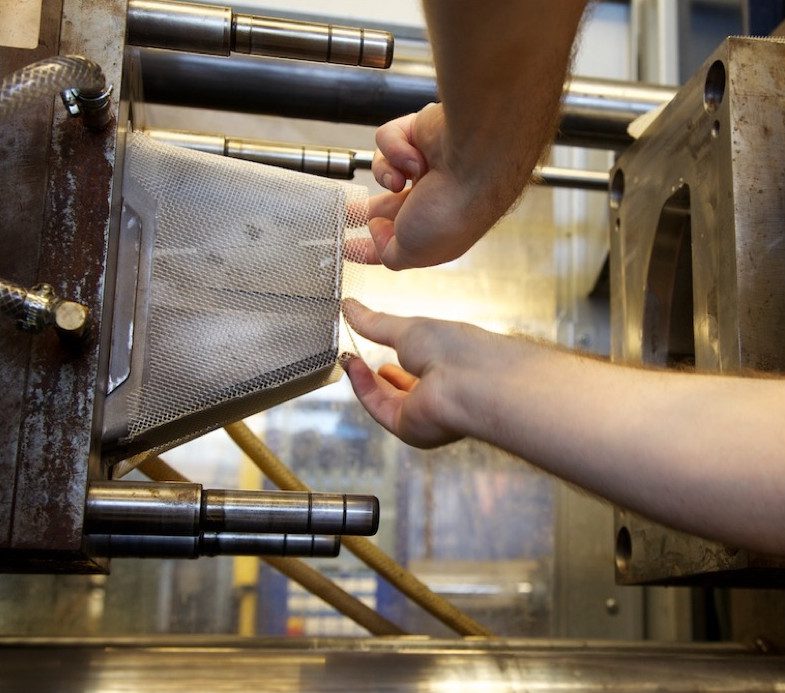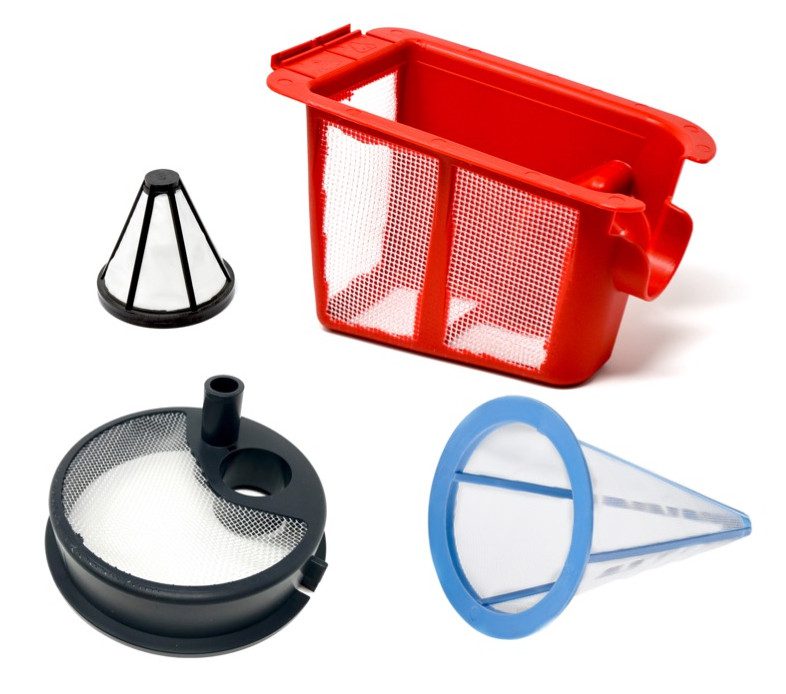Moulding >
Filter Moulding
Versatile and Flexible
Our technical experts develop and manufacture filter mouldings for both UK and international clients to suit a range of applications. With a diverse offering we can custom-make jigs to ensure measurements are exact every time, hold stock of mesh and filter test when required.
With sound expert knowledge, we’re able to remain flexible and versatile, working closely with clients `and/or their design agencies. Our friendly team of multi-skilled engineers are constantly developing and innovating by adapting quickly to market changes and individual requirements.


Wide range of filter
applications
We develop injection moulded filtration products to suit a wide range of filter encapsulation applications across commercial, industrial, automotive, marine and domestic use, using suitable thermoplastics such as nylon, polypropylene and ABS.
Our team provide a comprehensive service, from manufacturing to trimming and assembly of custom strainers, filters and screens encapsulating, plastic mesh gauze or other media.
For further information or a
no-obligation quotation simply
contact us today.
Projects
Frequently Asked Questions
What materials do you use for filter moulding? / What are the commonly used materials?
Commonly filters are moulded in nylon, polypropylene, and polyester as they’re chemically stable and therefore suitable for use in water, oil, and air. In more challenging environments rubbers and TPE’s are used for their resilience. The mesh that forms the filter is usually made from nylon.
Can you provide prototypes or samples for testing and validation?
Yes, as we go through the process of manufacturing your part there will be various stages where you will have samples to inspect, test and validate to your specifications.
What are the benefits of using injection moulding to manufacture filters?
- One of the main benefits of injection moulding filters is that it is a highly cost-effective way of manufacturing large quantities- due to the low cost per part.
- The mouldings produced are identical – making high-volume repeatability easy.
- Production runs at BEC can be as large or small as you require.
- Excess plastic scrap can be re-ground and used again or recycled- improving sustainability.








